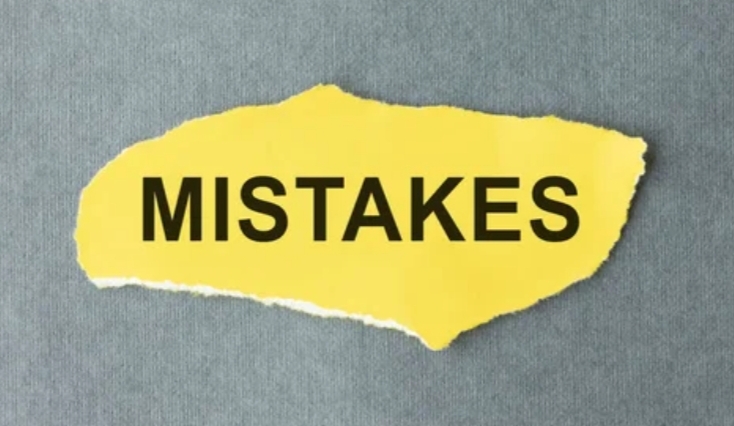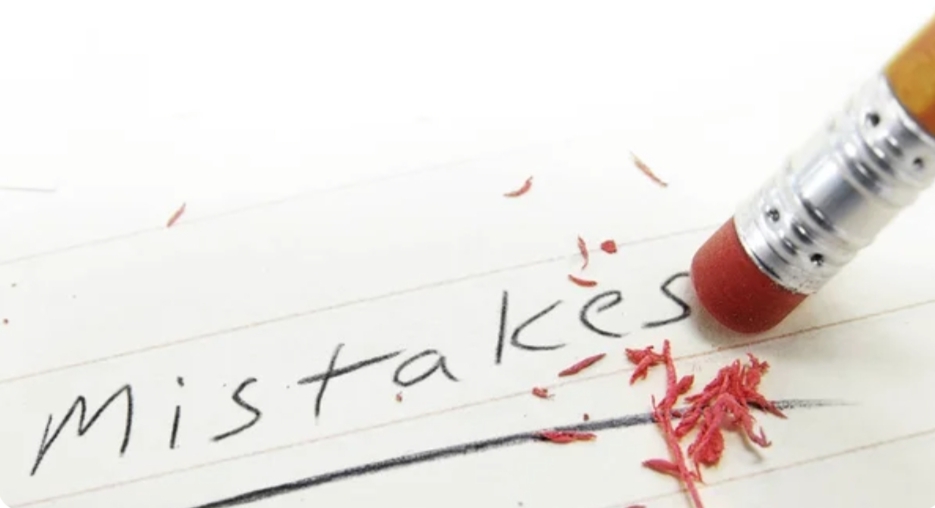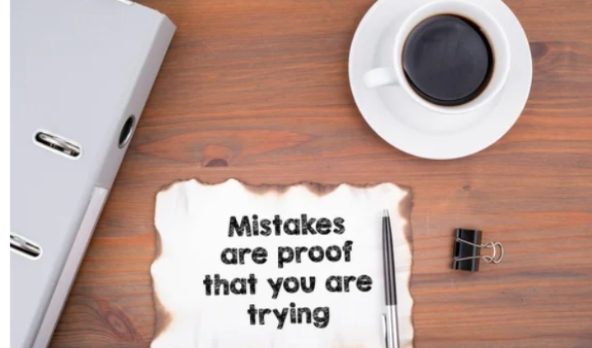
In the tapestry of human experience, patterns emerge, revealing a perplexing truth: we often find ourselves making the same mistakes repeatedly. Whether it’s in personal relationships, financial decisions, or professional endeavors, the tendency to repeat errors can be frustrating and bewildering. Understanding the underlying reasons for this behavior can shed light on how we can break free from cyclical patterns and foster personal growth.
1. Cognitive Bias and Decision-Making
At the heart of our repeated mistakes lies the realm of cognitive biases. These are systematic patterns of deviation from norm or rationality in judgment, which often influence our decision-making processes. One prevalent bias is the confirmation bias, where individuals seek out information that confirms their pre-existing beliefs while ignoring contradictory evidence. This can lead to repeating mistakes, as we may justify poor decisions with selective information that seems to validate them.
Additionally, the sunk cost fallacy plays a critical role. Once we invest time, effort, or money into a course of action, we become unwilling to abandon it, despite evidence suggesting it’s the wrong path. Instead of cutting our losses, we double down, leading to a cycle of poor outcomes.
2. Emotional Factors
Emotions often cloud our judgment, steering us into familiar but harmful patterns. Fear of change, for instance, can lead us to stick with what we know, even if it’s not working. In relationships, attachment can blind us to red flags, prompting us to recreate familiar dynamics, however dysfunctional they may be.
Moreover, emotions such as guilt and shame can lead to self-sabotage. After making a mistake, we may feel unworthy of success, leading us to subconsciously repeat behaviors that reaffirm our negative self-image.
3. Lack of Self-Awareness
Self-awareness is crucial for personal growth. Without it, we often fail to recognize our patterns of behavior. Many individuals are unaware of the triggers that lead them to make repeated mistakes. For example, someone might not recognize that their procrastination stems from a deeper fear of failure, leading them to consistently miss deadlines and opportunities.
Keeping a journal or engaging in reflective practices can enhance awareness and provide insights into destructive patterns, allowing us to make more conscious decisions in the future.
4. Failure to Learn
Learning from our mistakes is an essential skill, yet many people struggle with it. This often results from a lack of proper reflection on past experiences. When we fail to analyze what went wrong, we lose the opportunity to extract valuable lessons.
Furthermore, the fast-paced nature of modern life can hinder our ability to reflect. Many of us rush from one task to another, leaving little time for contemplation. Taking the time to pause, review our decisions, and assess their outcomes is crucial for preventing future missteps.
5. Social Influences and Peer Pressure
Humans are inherently social beings, and our decisions are often influenced by those around us. The desire for acceptance or fear of rejection can lead us to make the same mistakes as others. For instance, someone may feel pressured to overspend during a shopping outing with friends, repeating past financial errors.
Additionally, social learning theory suggests that we are likely to imitate the behaviors of others. If our social circles engage in risky or questionable behaviors, we may find ourselves doing the same, perpetuating cycles of mistakes.
6. Overconfidence and Complacency
Overconfidence can lead to repeated errors, particularly when individuals underestimate the complexities of a situation. This is especially common in professional settings where past successes breed a false sense of invulnerability. Complacency can set in, causing individuals to dismiss warning signs or fail to adapt to changing circumstances.
Recognizing the fine line between confidence and overconfidence is essential in preventing repetitive mistakes. Seeking feedback and remaining open to new information can help temper this tendency.
Breaking the Cycle
Breaking the cycle of repeating mistakes requires conscious effort and willingness to change. Here are some strategies to consider:
- Reflect: Take time to analyze past decisions and their outcomes. Identify patterns and triggers that led to mistakes.
- Seek Feedback: Engage with trusted friends or mentors who can provide constructive criticism and perspective on your choices.
- Practice Mindfulness: Cultivating mindfulness can help mitigate emotional responses and enhance decision-making, allowing for more deliberate choices.
- Set Realistic Goals: Start with manageable objectives to reduce feelings of overwhelm, making it easier to stay on track and learn from experiences.
- Embrace Failure: Shift your perspective on failure from a negative outcome to a learning opportunity. Each mistake can offer valuable insights if we are willing to analyze it critically.
In conclusion, the tendency to repeat mistakes is a complex interplay of cognitive biases, emotional influences, lack of self-awareness, and social dynamics. By understanding these underlying factors and actively working to address them, we can break free from the cycle of repetition, paving the way for personal growth and more informed decision-making.


